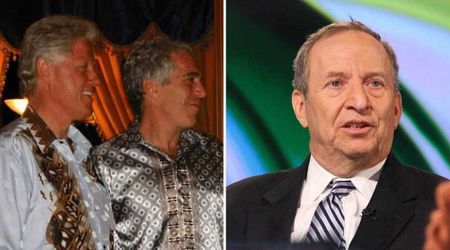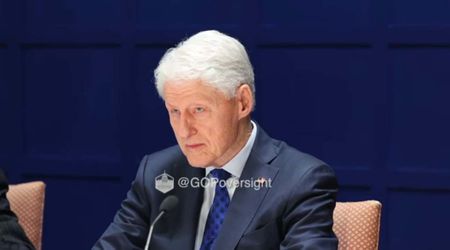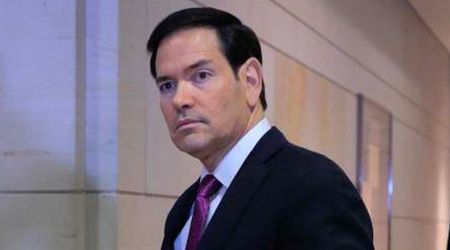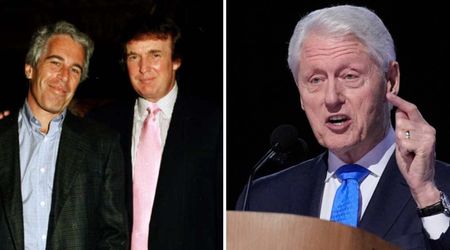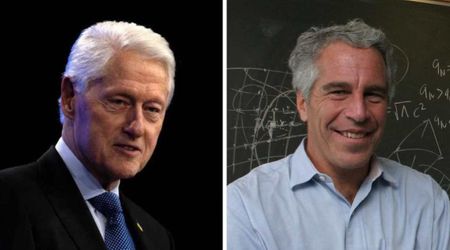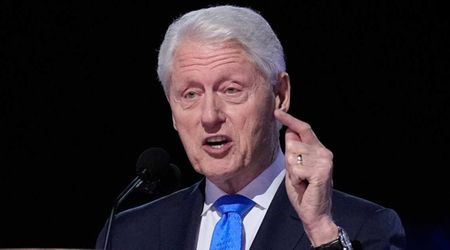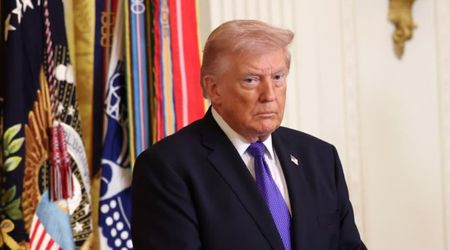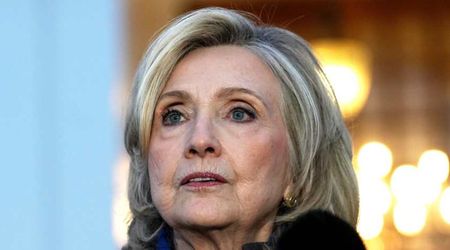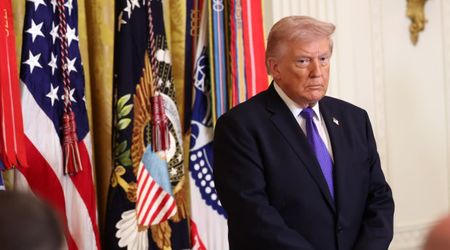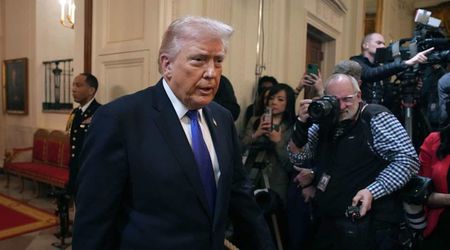5 things jurors could question in hush-money trial: From Michael Cohen’s secret recording to Trump’s role
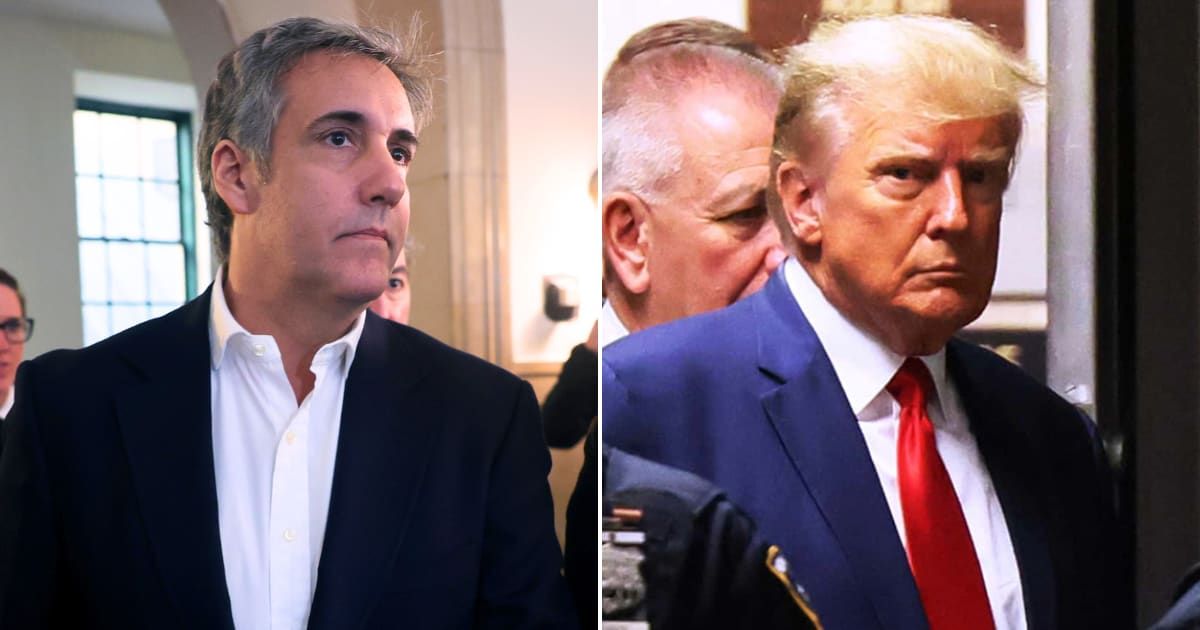
5 issues jurors will consider in Trump's hush money trial: From Cohen's credibility to secret recordings

Former President Donald Trump’s historic trial over alleged hush money payments is rapidly approaching its conclusion. The key witness for the prosecution, Michael Cohen, who has transitioned from Trump’s fixer to his adversary, is set to complete his testimony when he returns to the stand on Monday, May 20. Manhattan Supreme Court Justice Juan Merchan has instructed both sides to prepare for closing arguments, which may occur as soon as Tuesday, May 21. After four weeks of testimony, the jury will soon determine whether Trump will be convicted or acquitted. Here are the crucial pieces of evidence and questions that the jurors will need to consider:
1. Michael Cohen's credibility

Over the past four weeks, prosecutors from Manhattan District Attorney Alvin Bragg’s office have presented 19 witnesses, saving perhaps the most pivotal for last—Michael Cohen, Trump’s former attorney of about a decade. The jury must assess Cohen's credibility, despite his history as a convicted liar. The prosecution meticulously examined Cohen’s past deceptions, such as falsifying invoices to cover payments to Stormy Daniels and lying to Congress about a real estate deal in Russia, in an attempt to preempt the defense’s efforts to discredit him. Defense attorney Todd Blanche emphasized Cohen’s dishonesty during cross-examination, highlighting his previous false statements under oath and a failed attempt to use fake legal documents to end his supervised release early.
2. Extent of Donald Trump's involvement

Jurors will consider the degree to which Cohen’s actions were directed by Trump. Cohen testified that Trump was heavily involved in efforts to suppress stories that could harm his 2016 presidential campaign, including the $130,000 payment to Daniels. He claimed that Trump approved and was kept informed about these efforts. “Everything required Mr Trump’s sign-off,” Cohen testified. “What I was doing, I was doing at the direction and for the benefit of Mr Trump," he added elsewhere about his role in a separate $150,000 payout to Playboy Playmate Karen McDougal in 2016. But Trump’s defense argued that Cohen lied about key details, such as a phone call where Cohen allegedly complained about prank calls rather than discussing the Daniels payment. Cohen admitted that at least part of the call involved his grievances about a prank caller.
3. Does the evidence prove Donald Trump paid off Stormy Daniels?

The jury will examine the 34 business records related to checks, invoices, and other documents that Trump allegedly falsified to reimburse Cohen for the Daniels payment. Jeffrey McConney, the former controller at the Trump Organization, testified about conversations with then-CFO Allen Weisselberg regarding Cohen’s repayment. The jury saw evidence of a $130,000 payment from Cohen to Daniels’ lawyer, with additional sums added for taxes and a bonus, totaling $420,000 to be paid in $35,000 increments. Trump’s defense maintains that these payments were labeled correctly as “legal expenses."
4. Establishing Donald Trump's ‘intent’

For the falsified business records to constitute felonies, Trump must have acted with the intent to conceal another crime. Prosecutors argue that the payment to Daniels was part of an illegal effort to influence the 2016 election by hiding damaging information from voters. Jurors need not believe beyond a reasonable doubt that Trump violated election laws but must be convinced that he falsified records with criminal intent. Trump's defense argues that the payments were made to protect his family, not to influence the election. Testimony from Hope Hicks and former National Enquirer publisher David Pecker suggested that Trump was concerned about the impact on his family and the election. “He was concerned about the story. He was concerned how it would be viewed by his wife,” Hicks testified, while Pecker testified “yes” when asked if the point of the Karen McDougal payout was to “suppress her story so as to prevent it from influencing the election.”
5. Michael Cohen’s secret recording of Donald Trump

Jurors will also consider a secret recording Cohen made of Trump discussing plans to suppress Karen McDougal’s story. In the recording, Trump allegedly inquired about the cost of suppressing the story. Cohen testified that the recording was intended to reassure Pecker that Trump would reimburse him for the payment to McDougal. “It was so I could show it to David Pecker and that way he would hear the conversation, that he would know … Mr Trump is going to be paying him back,” Cohen told the court. Although Trump is not charged with falsifying records in the McDougal case, the prosecution presented this evidence to establish a pattern of behavior, the New York Post reported.

